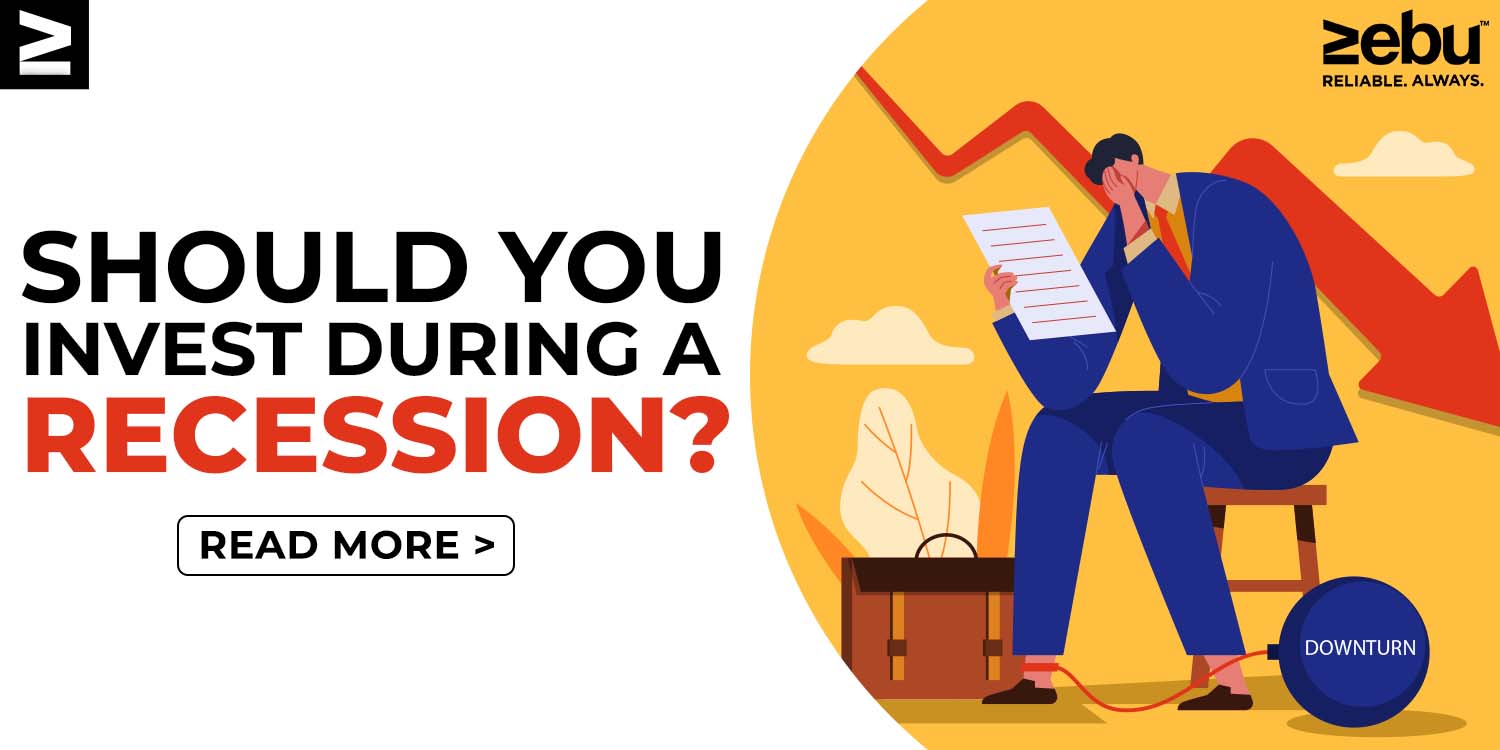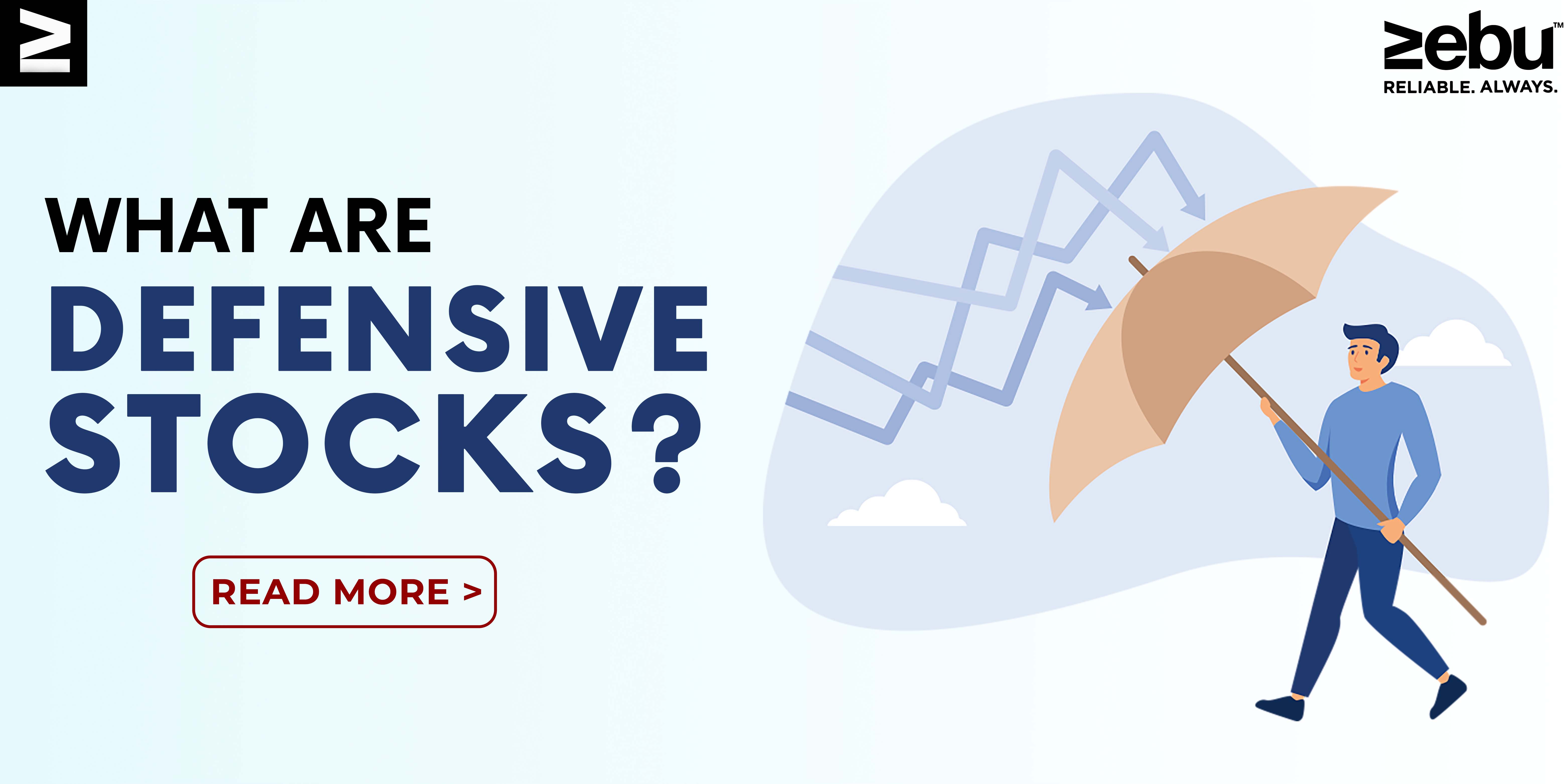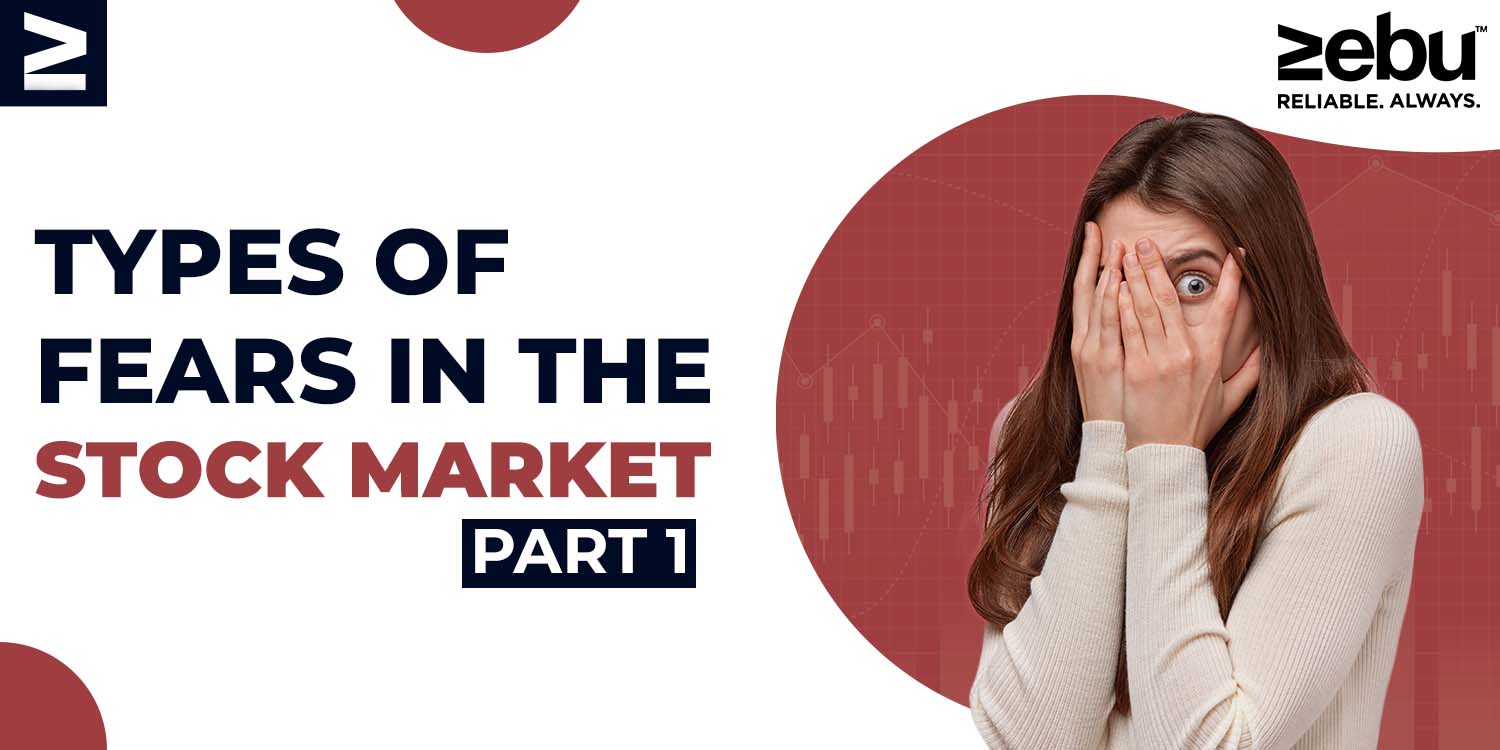
After Russia invaded Ukraine, the stock markets in India went down a lot. India imports more than 80% of the energy it needs, and prices for crude oil are going through the roof around the world. Also, international institutional investors have been taking their funds out of the Indian stock markets slowly since October 2021. As investors from all over the world rush to the safety of US government bonds, the Indian stock markets may fall even more. Should you buy stocks during a recession?
Why do investors think it’s a good time to buy stocks when the economy is down?
During a recession, the value of stocks tends to go down. When the stock market goes down, you may be able to buy shares of strong companies for less money. It is a business that is financially stable and has good corporate governance.
If you want to invest in stocks that will give you good returns over a long period of time, you should choose companies with an economic moat. These businesses have an edge over their competitors because they have things like strong brands or good distribution networks.
During a recession, you might want to invest in the stock market, which is known for long-term growth. Also, a stock market drop happens before a recession, so the economy goes through a stock market crash before it goes through a recession.
Before buying stocks, many people wait until the stock market is at its lowest point. Analysts of the stock market warn against using this strategy because it’s hard to know when the stock market will hit bottom. To invest in a stock market that is going down, you need to know how to do it right.
How to invest your money when the stock market goes down
If you’re new to the stock market, you might want to invest in a diversified equity mutual fund instead of buying stock in a single company. Investing in stocks from different industries and businesses gives you the chance to spread your risk. For example, weaknesses in one area can be made up for by strengths in another.
With a systematic investment plan, or SIP, you can put your money into equity-diversified mutual funds. It is a way to invest a fixed amount of money in a mutual fund scheme on a regular basis. When stock markets go down, you will buy more equity fund units, and when markets go up, you will buy fewer units. It helps make the price of buying units of equity funds more stable over time.
If you know a lot about the stock market and are willing to take on more risk, you can invest directly in stocks. It is helpful to do research and choose cyclical companies with strong fundamentals that could do well when stock markets recover. For example, changes in the economy’s big picture have an effect on cyclical stocks in industries like financial services, travel, and hospitality.
During a bad market, you might want to invest in companies that are safe. Some examples of defensive stocks are those from the fast-moving consumer goods, pharmaceutical, and utility industries. These are the stocks of companies whose products and services are still in high demand even when the economy isn’t doing well.
During a recession, you shouldn’t buy stocks from companies that have a lot of debt on their balance sheets. When the economy is bad, it can be hard for these businesses to pay their interest bills. You could fight the urge to stay away from the stock market when it goes down. If you don’t, you’ll miss out on important opportunities to make money from the market’s recovery and higher returns.
During a recession, you might be able to buy fundamentally sound stocks at lower prices. Also, after doing a good job of researching stocks, you need to invest using a good investment strategy.


